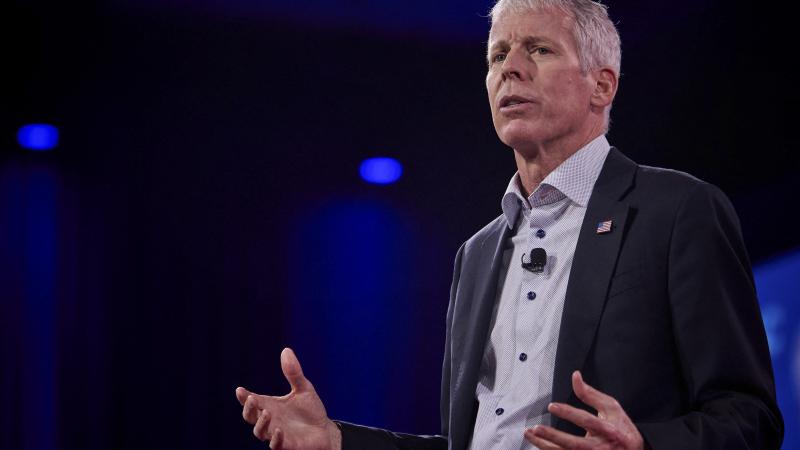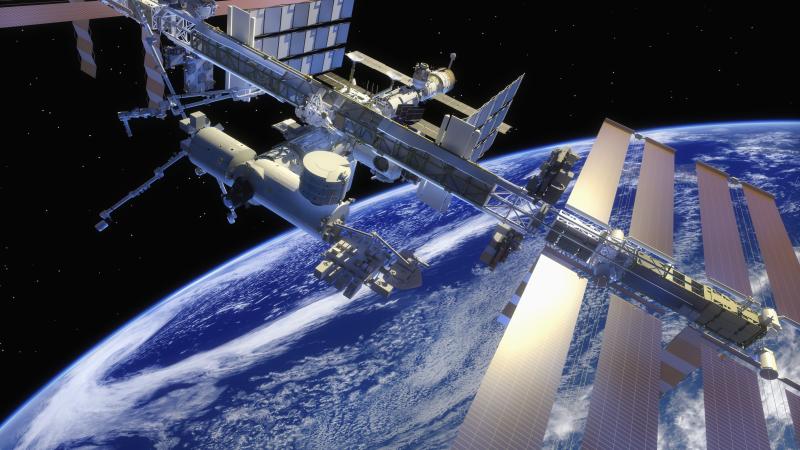Industry officials say carbon capture project would bring jobs, revenue
Faucheux highlighted the 346,000 jobs and $54 billion economic impact attributed to the oil and gas industry in Louisiana in 2021, arguing that emerging carbon capture technology will play a critical role in maintaining or increasing those numbers.
(The Center Square) — A legislative task force heard this week from industry leaders on the benefits of carbon capture and sequestration projects in Louisiana, countering widespread concerns from residents.
Tommy Faucheux, president of the Louisiana Mid-Continent Oil and Gas Association, told the Senate's Task Force on Local Impacts of Carbon Capture and Sequestration on Thursday that Louisiana is "on the verge of a new golden age of energy production."
"We believe it comes with new jobs, more state and local revenues, and ultimately a stronger economy," he said. "To achieve this, it will take utilizing the latest technologies like carbon capture and storage, which allows us to produce more energy, support energy independence, and reduce carbon dioxide emissions, all at the same time."
Faucheux highlighted the 346,000 jobs and $54 billion economic impact attributed to the oil and gas industry in Louisiana in 2021, arguing that emerging carbon capture technology will play a critical role in maintaining or increasing those numbers.
"CCS investments will provide a viable pathway for the decarbonization and continued operations of this existing industry," he said.
Faucheux also highlighted the December decision by the Environmental Protection Agency to grant the state primacy for approving sequestration well permits, a move proponents argue is critical for efficiently processing and monitoring projects.
"It is a big deal," he said. "This announcement was championed both by former Gov. (John Bel) Edwards and by Gov. (Jeff) Landry."
Mike Moncla, president of the Louisiana Oil and Gas Industry, noted that 55 potential carbon capture projects are pending in the state, and each one will require six monitoring wells in addition to the sequestration well. If all projects are approved, that equates to 385 wells that would need to be drilled, he said.
Compared to 60 wells drilled in 2023, carbon capture can "revitalize Louisiana's service sector that has been down since 2015," Moncla said.
"Parishes will gain money not only from ad valorem taxes but from sales tax from the influx of travelers at hotels, grocery stores, restaurants, gas stations," he said. "The economic impact is huge to local communities."
Local officials from Caldwell Parish and Bob Meredith with Strategic Biofuels testified about how a planned $3 billion renewable fuel refinery and carbon capture project could nearly double the parish's roughly $10 million tax base while creating over 1,000 direct and indirect jobs in an area that's sorely lacking in employment opportunities. It would also revitalize the region's timber industry that would supply feedstock to the facility, they said.
"This would bring some of our kids back home," said Mark Black, Caldwell Parish Police Jury president. "The biggest need is just having work for everybody."
Other testimony on Thursday included an academic at Southeastern Louisiana University tasked with monitoring a project in Lake Maurepas, a researcher from John Hopkins University studying the social impacts of carbon capture and sequestration, the Energy Institute of Louisiana on technical aspects of the technology, and Greg Upton, a task force member and executive director for the Center for Energy Studies at LSU, who spoke about employment and investment trends in the oil and gas industry.
Liz Russell, state director for the Environmental Defense Fund, also spoke about numerous concerns with carbon capture, ranging from potential drinking water contamination to adequate staffing and resources for state agencies overseeing permitting and monitoring.
Prior task force meetings featured testimony from a wide range of local residents and officials who vehemently oppose carbon capture projects, though much of the focus centered on the Lake Maurepas project specifically.
Air Products is leveraging millions in taxpayer-funded business incentives to create what it describes as "the world's largest permanent carbon dioxide endeavor to date" on the lake, where it plans to sequester carbon dioxide from manufacturing blue hydrogen in a pore space about a mile under the lake.
The project and others underway align with climate goals to reduce carbon dioxide promoted by the Biden administration and former governor Edwards.
The task force is expected to compile its findings in a report with recommendations to lawmakers that's due in February.
















